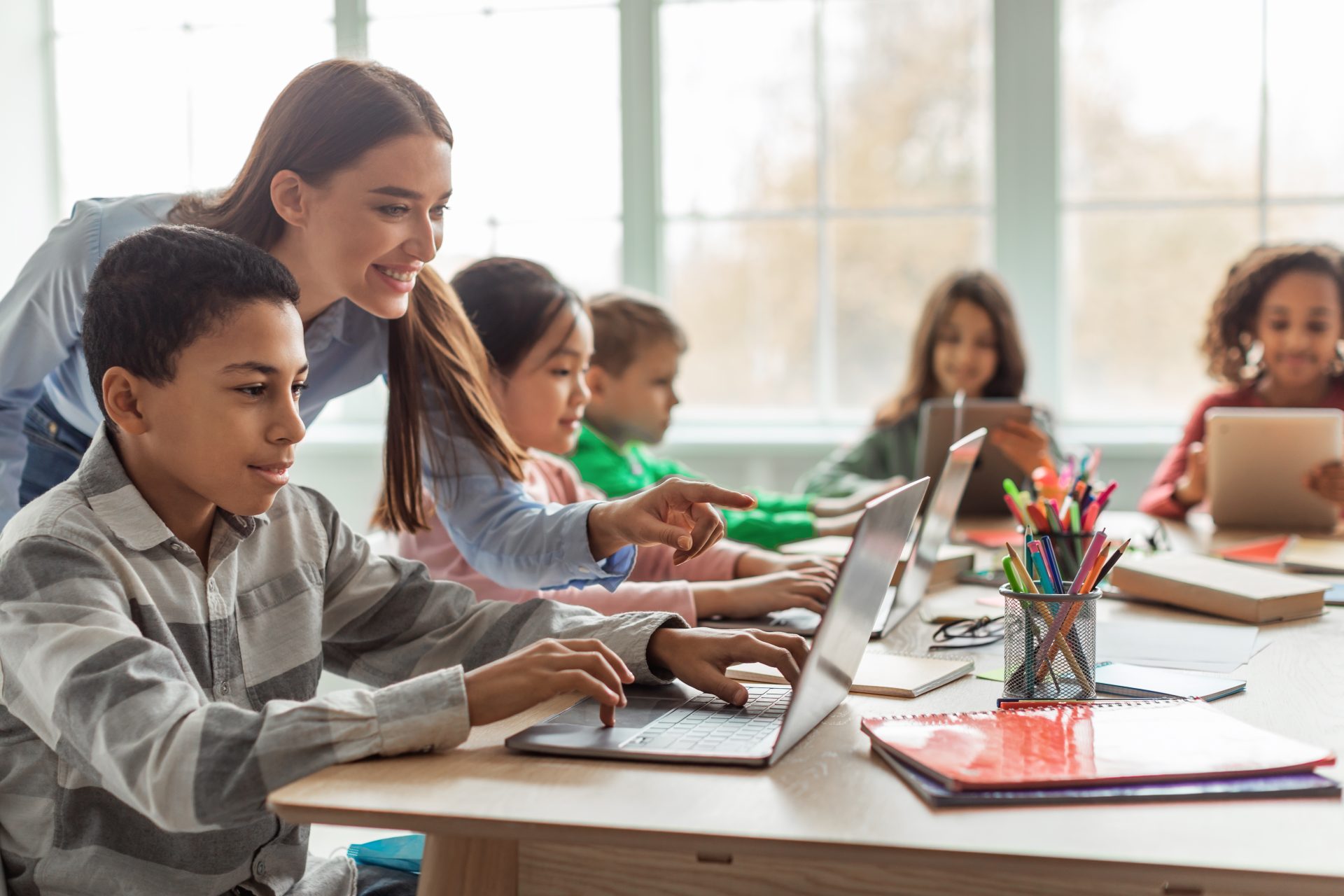Research Conversations: Problem Solving
Author: Leader in Me
March 8, 2024

Summary
In this episode of Change Starts Here: Research Conversations, cognitive neuroscientist Eve Miller, Ph.D, and former educators Jennifer Chevalier, Ed.D. and Kim Yaris, M.Ed. discuss problem solving. They explore how deep learning is fostered by challenges and hindered by perceived threats, emphasizing the impact of past experiences on new learning situations.
Definition
Problem-solving is the capacity to analyze situations, adapt to challenges, and identify effective solutions from multiple perspectives. It involves evaluating alternatives and overcoming barriers to address difficulties creatively and efficiently.
Try This!
Normalize Failure
Creating learning environments that normalize mistakes fosters conditions for students to engage in problem-solving, enhancing their ability to think creatively and persevere through challenges.
Allow Productive Effort
Fostering learning environments that encourage students to experience manageable struggles within their zone of proximal development allows students the time and space to experience manageable struggles, cultivate resilience, deepen understanding, and promote independent problem-solving skills.
Emphasize Effort
Focusing feedback on students’ efforts reinforces their understanding that they control their learning progress, strengthening their problem-solving skills by highlighting the value of persistence and adaptability in overcoming challenges.
More Information
Author Interview: How the Brain Learns
Columnist Larry Ferlazzo interviews David Sousa, educational neuroscientist and author of over 15 books, about translating current brain research into strategies for improving learning.
In this short, 5-minute video, eighth grade math teacher Leah Alcala explains how she encourages students to embrace their mistakes and view them as opportunities for deepening their problem-solving skills.
